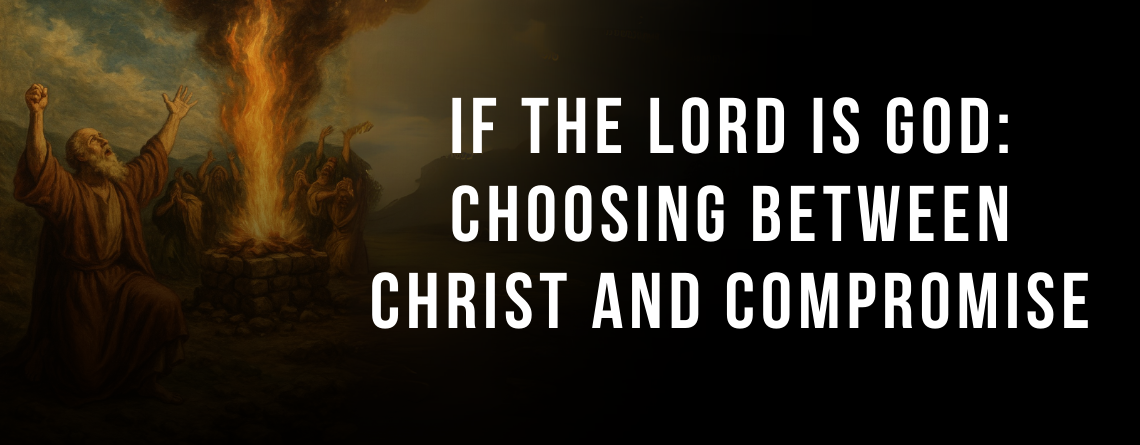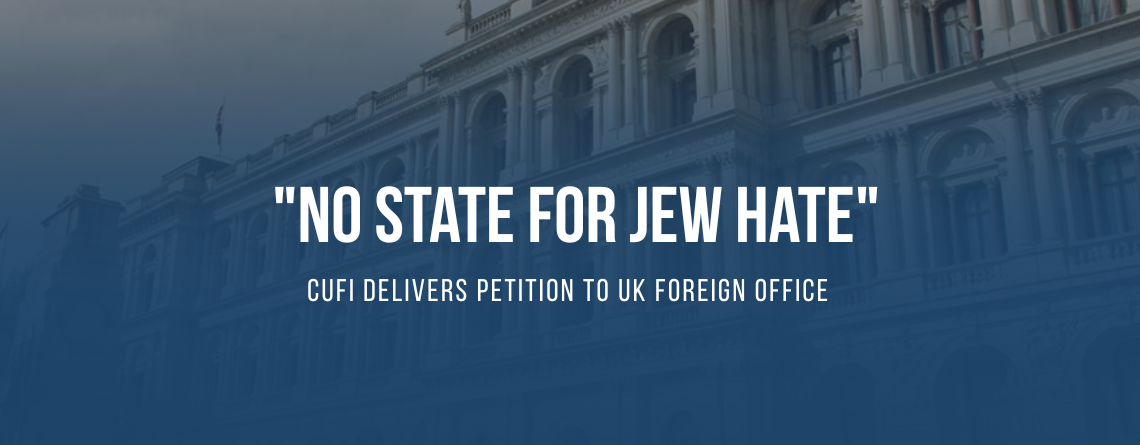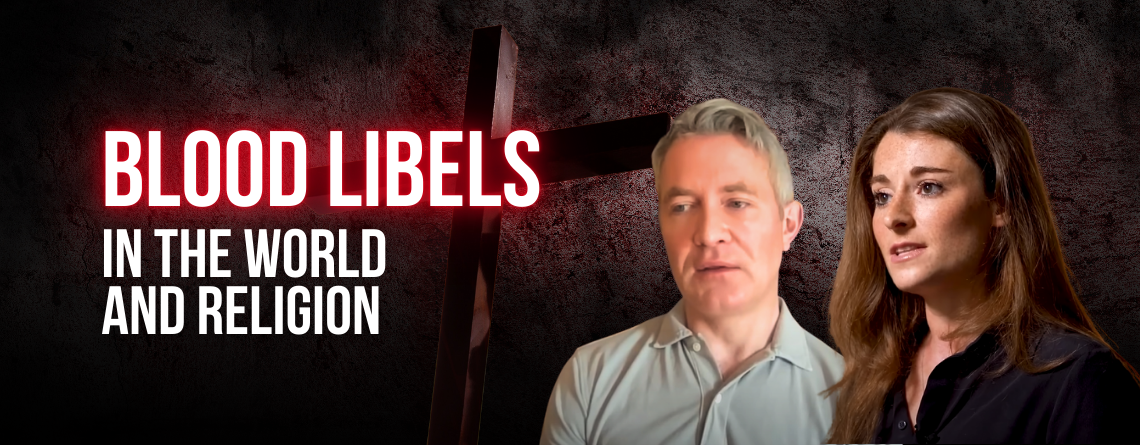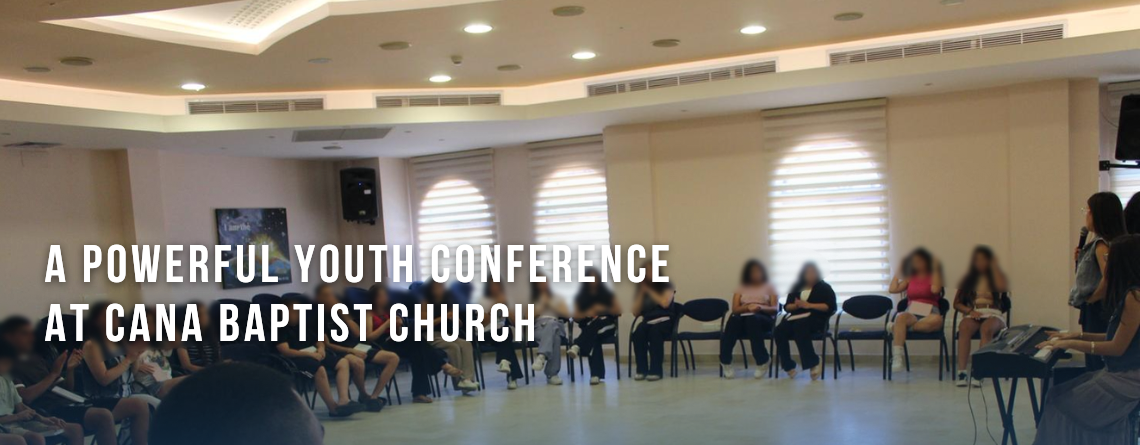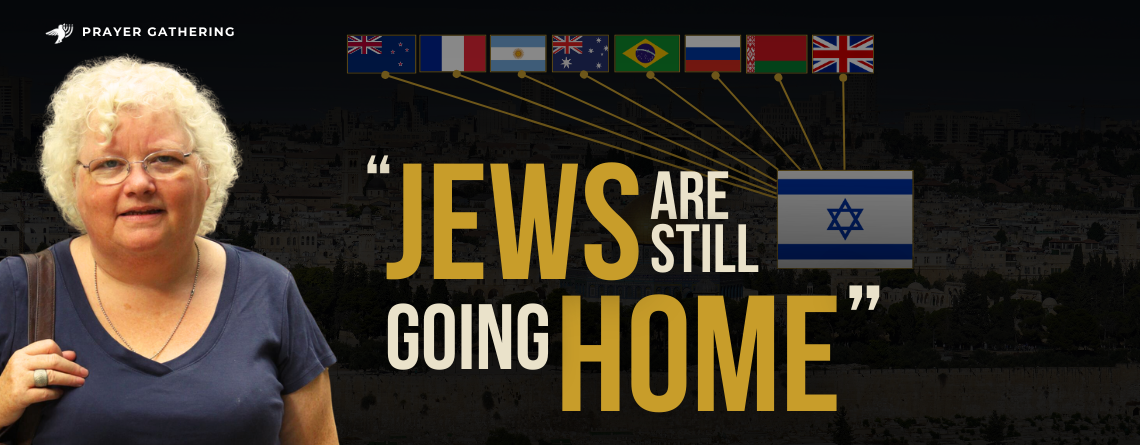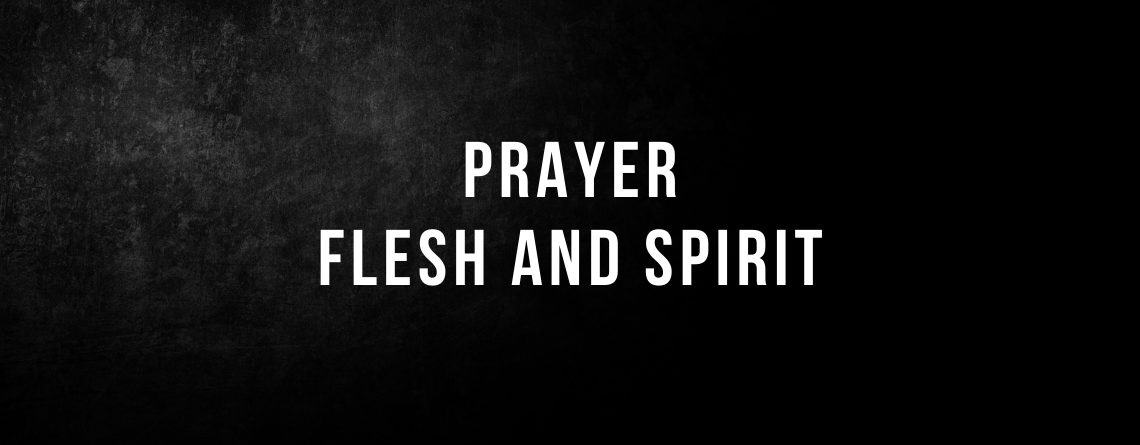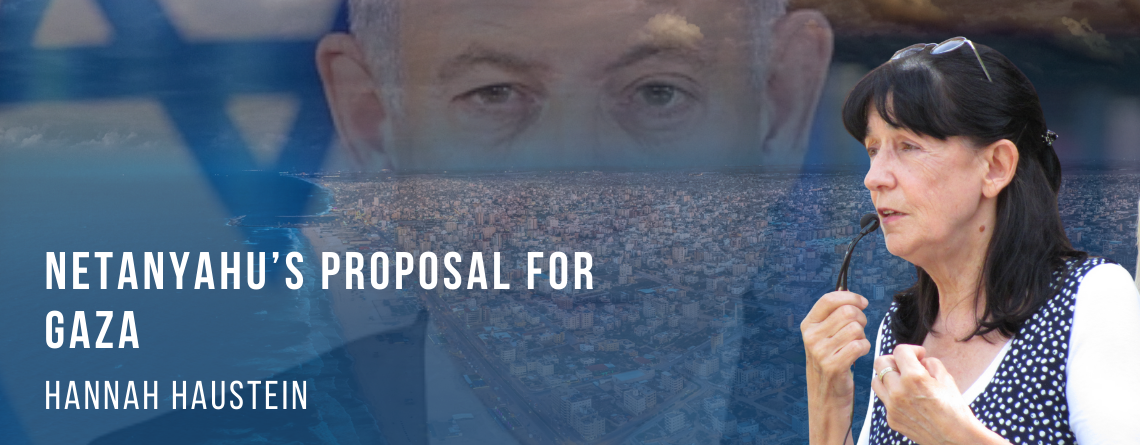On 18–24 June 2025 the Central Committee of the World Council of Churches (WCC) met in Johannesburg, South Africa to call for an “End Apartheid, Occupation, and Impunity in Palestine and Israel.” This was backed by The United Reformed Church (URC), who “passed an emergency resolution at its 2025 meeting in response to the Israeli government’s profoundly distressing military actions in Gaza.”
Both the WCC and the URC have called for action against the Israeli Government, repeating the usual taradiddling rhetoric we hear from political lobbies: naming the reality of apartheid, implementing sanctions and accountability, genocide, and so on. Much of this taradiddling babble, which whittles down the importance of these very serious words, has unfortunately made the words themselves tiresome, words that have been shown time and again to be outrageous lies against the State of Israel. Lies that I do not want to linger on here, because they have been addressed thoroughly and eloquently by individuals far more reputable than I (Douglas Murray, Natasha Hausdorff, Melanie Phillips, Hillel Fuld) in terms of international law. But if you wish to torture yourself as I did by reading these statements by the “church,” be my guest and be utterly prepared to explore your mind for the endless reasons that Revd Steve Faber and company are at best simply politically motivated, but more likely are devoid of all reasoning and biblical understanding. What I did find very interesting, however, was one particular phrase that came up in both statements that, I believe, underlines one of the most major problems with the institutionalised church today, one that keeps it fervently posted in missing the mark.
In a wonderful stroke of convenience, the URC used the particular statement from the WCC article that drew my attention: “In its statement, the WCC said:
We recognise a clear distinction between the Jewish people, our siblings in faith, and the acts of the government of Israel, and we reaffirm that the WCC stands firm against any kind of racism, including antisemitism, anti-Arab racism, and Islamophobia.”
There we have it! One of the core principles of the majority of institutionalised churches today: Don’t upset the applecart. Don’t fight against the spirit of the age. Don’t be Islamophobic! Sometimes I wonder if these people have ever stopped to process the words they are saying and more importantly, whether they have checked in with our mighty Saviour, Jesus Christ, in prayer or by looking at the Word of God, to see if these statements align with the very God they claim to serve. Of course, as Christians we shouldn’t hate anyone for the colour of their skin; we are clearly taught that we are all made in His image. But where in the Bible does it claim that we should be tolerant of other religions and accepting of other gods?
To make this point, I would like to take you back to 1 Kings 18, the account of Elijah on Mount Carmel. Here we see Elijah confronting not just a wicked king (Ahab) but an entire religious system: the prophets of Baal who had seduced Israel into idolatry. Notice what Elijah does not do. He doesn’t stand up and say, “We recognise a clear distinction between the sincere worshippers of Baal, our siblings in faith, and the acts of the Baalite priests.” He doesn’t craft a statement carefully balanced to avoid offending Baal-worshippers, nor does he fret about being labelled Baalphobic. Instead, Elijah does what every prophet faithful to God has always done: he draws an uncompromising line between the living God of Israel and the false gods of the nations.
And see how carefully Elijah builds the altar. He takes twelve stones, “according to the number of the tribes of the sons of Jacob, to whom the word of the Lord had come, saying, ‘Israel shall be your name’” (1 Kings 18:31). This is far more than a construction detail; it is a prophetic act. Elijah is reminding the people who they truly are, not Baal’s people, not the world’s people, but God’s covenant people. Even in the heat of confrontation, the very act of rebuilding the altar becomes an act of national repentance and restoration: turning back to the God who named them and called them.
Then Elijah drenches the offering with water three times, until the trench around the altar overflows (v. 33–35). Why? To ensure that what follows cannot be dismissed as coincidence or human trickery. It is a bold, confident declaration that only God can do what is about to happen, that no spin, no manipulation, no sleight of hand is involved.
But perhaps most striking is Elijah’s prayer itself. It isn’t a long-winded performance or a carefully drafted statement to appease the powerful or appear sophisticated before the crowd. Elijah prays: “Lord God of Abraham, Isaac, and Israel, let it be known this day that You are God in Israel and I am Your servant, and that I have done all these things at Your word. Hear me, O Lord, hear me, that this people may know that You are the Lord God, and that You have turned their hearts back to You again.” (v. 36–37) Notice where his heart is: entirely on the glory of God, the honour of His name, and the turning of Israel’s heart back to their covenant Lord. Elijah prays as a true believer in the God of Abraham, Isaac, and Jacob who is utterly dependent on Him, utterly committed to His truth. Then what happens? “Then the fire of the Lord fell” (v. 38). God answers the prayer of a righteous man, not because Elijah was eloquent or politically correct, but because his prayer was rooted in God’s revealed will, driven by zeal for God’s glory, and aligned with the covenant purposes of God.
This moment stands in contrast to the majority of institutionalised churches of today, which seems to have replaced the fear of God with the fear of man. Instead of crying out for God to show Himself as the only true God, it crafts statements carefully designed not to offend. It bends over backwards to avoid being labelled Islamophobic or intolerant, and in doing so, it loses the power of prophetic witness. Elijah didn’t offer Baal a seat at the table. He didn’t suggest a “balanced conversation” or say, “Perhaps Baal has his place too.” Instead, he declared: “If the Lord is God, follow Him; but if Baal, then follow him.” (v. 21)
The same choice confronts the Church today. The call of Christ was never polite coexistence among competing truths. It was, and remains, the exclusive worship of the living God, and the bold confession that Jesus Christ is Lord, to the glory of God the Father (Philippians 2:11). As we see so powerfully on Mount Carmel, it is the prayer of the righteous, those who do not long for the applause of men, but for the vindication of God’s name that still brings fire from heaven, turns hearts back, and proves beyond question who truly reigns.

